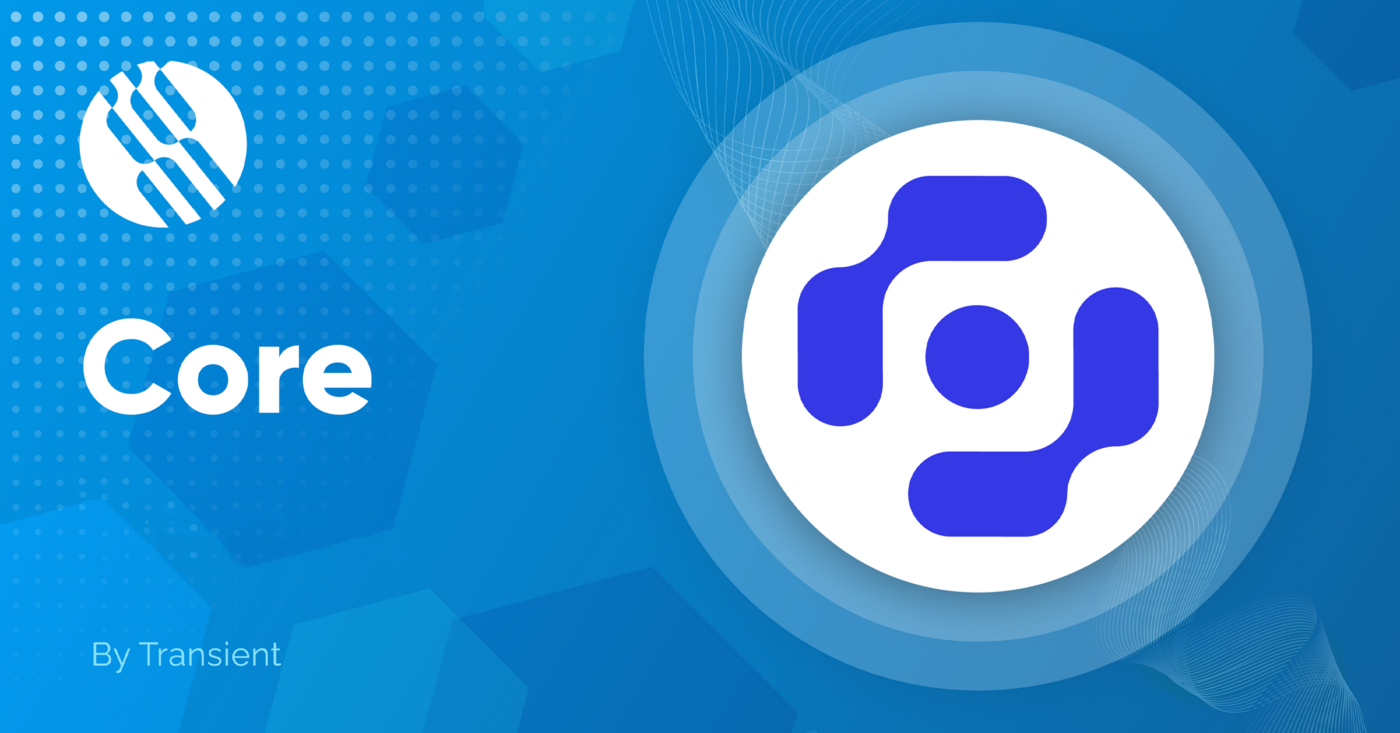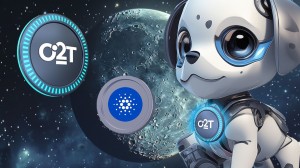Smart contracts, like any other contract, spell out the terms of a deal or agreement. Smart contracts, on the other hand, are distinguished by the fact that the terms are established and executed as code running on a blockchain rather than on paper on a lawyer’s desk.
Smart contracts are business automation applications that run on a decentralized network like blockchain.
Smart contracts are one of the most appealing features associated with blockchain technology because they eliminate administrative overhead. Smart contracts execute pre-determined conditions, whereas blockchain acts as a database, confirming that transactions have occurred.
Why Smart Contracts Are Pivotal
Most traditional digital agreements involve two parties who do not know each other, posing the risk that one of them will not follow through on their promises. To address counterparty risk, digital contracts are frequently hosted and executed by larger, centralized institutions, such as banks, which can enforce the contract’s terms.
These digital contracts can be directly between a user and a large company or between two users and a large company acting as a trusted intermediary. While this dynamic allows many contracts to exist, it also creates a situation in which larger, centralized institutions have influence over contracts.
Developers can use smart contracts to create a wide range of decentralized apps and tokens. They’re used in everything from new financial tools to logistics and gaming, and they’re stored on a blockchain just like any other crypto transaction. A smart-contract app can’t usually be changed or reversed once it’s been added to the blockchain.
Smart contracts in the DeFi sector enable interest on deposits and loans, as well as trading and investing, which are typically only available through traditional financial services organizations. Smart contracts can also be used for trading, inventory tracking, prediction markets, and betting, digital identity, legal contracts, online auctions, automated mortgages, and a wide range of other applications.
Smart contracts also serve as the foundation for the exchange of cryptocurrencies and digital tokens (in essence, a digital representation of a physical asset or utility). The ERC-20 and ERC-721 tokens on the Ethereum blockchain, for example, are smart contracts.
The Smart Contract Accessibility Problem
While smart contract technology is still in its early stages, it has already proven to be extremely useful in multiple phases of the blockchain and is rapidly evolving. Contractual obligations executed on the blockchain are enforced with complete trust.
However, the accessibility to smart contracts is a huge problem. Many companies or individuals will need to hire developers to code smart contracts for their projects. The lack of knowledge in the field of blockchain programming is a major impediment to adoption. Traditional businesses, particularly smaller ones, lack the technical know-how and tools needed to create, deploy, and manage smart contracts.
These inhibit the adoption of smart contracts and cut out a huge chunk of the potential smart contracts market. Fortunately, a new crypto project is addressing this problem and bridging the gap between the two worlds. Traditional businesses will no longer be excluded from the benefits of blockchain thanks to Transient.
What Is Transient?
Transient Network, dubbed the Amazon of smart contracts, is a new but rapidly growing ecosystem built from the ground up with the goal of facilitating and increasing blockchain adoption across all industries.
Transient is a one-stop-shop for the proven smart contract technology behind the game-changing DeFi and NFT space, that connects two users entering into a transaction with a trustless algorithmic escrow solution, built on the Ethereum blockchain and partnering with leaders in Oracle offering, security auditing, and emerging infrastructure.
Any smart contract created with Transient can be used on any blockchain, and the team is currently working on Huobi Eco Chain (HECO) and Binance Smart Chain integrations (BSC). Partnerships with industry leaders in oracle services, security auditing, and emerging infrastructures are also in the works.
The main distinction between Transient and other zero-code smart contract platforms is that it provides the most straightforward, secure, and scalable application available.
Existing ETL methods can now access multiple data sources, whether on-chain or from layer 2 solutions, and compile data into a single repository using Transient.
TSC-Core: Ready Made Smart Contracts
It’s because Transient considers the end-user, who may or may not be tech-savvy but is interested in leveraging blockchain and smart contracts and knows exactly what conditions are required for the smart contract to function. As a result, Transient has an intuitive, simple-to-use input interface with a zero-touch data-driven workflow.
TSC-Core, the company’s flagship product, establishes a standard for smart contracts. Anyone can execute and manage a smart contract with just a few clicks and some cryptocurrency. It is assisting in the development of a suitable and usable smart contract template.
Transient also keeps its TSC-Core open and interoperable. It will debut as a blockchain-agnostic product that can easily integrate with any ledger, allowing it to reach a wider audience. Interoperability necessitates a seamless and quick integration process.
It’s worth remembering that Transient’s goal is to connect the digital and physical worlds by acting as a conduit for off-chain, on-chain, and multi-chain transactions.
Transient’s TSC-Core is a breakthrough product, bringing people’s ideas to life. Users benefit from simple solutions that lead to revolutionary market results.
Smart Contracts Without Hassles
Transient is being developed by a group of developers with backgrounds in banking, insurance, and online gaming to ensure that the protocol is fully functional. The ecosystem aims to be pivotal to the adoption of smart contracts in various industries and help users access these contracts without difficulties.





